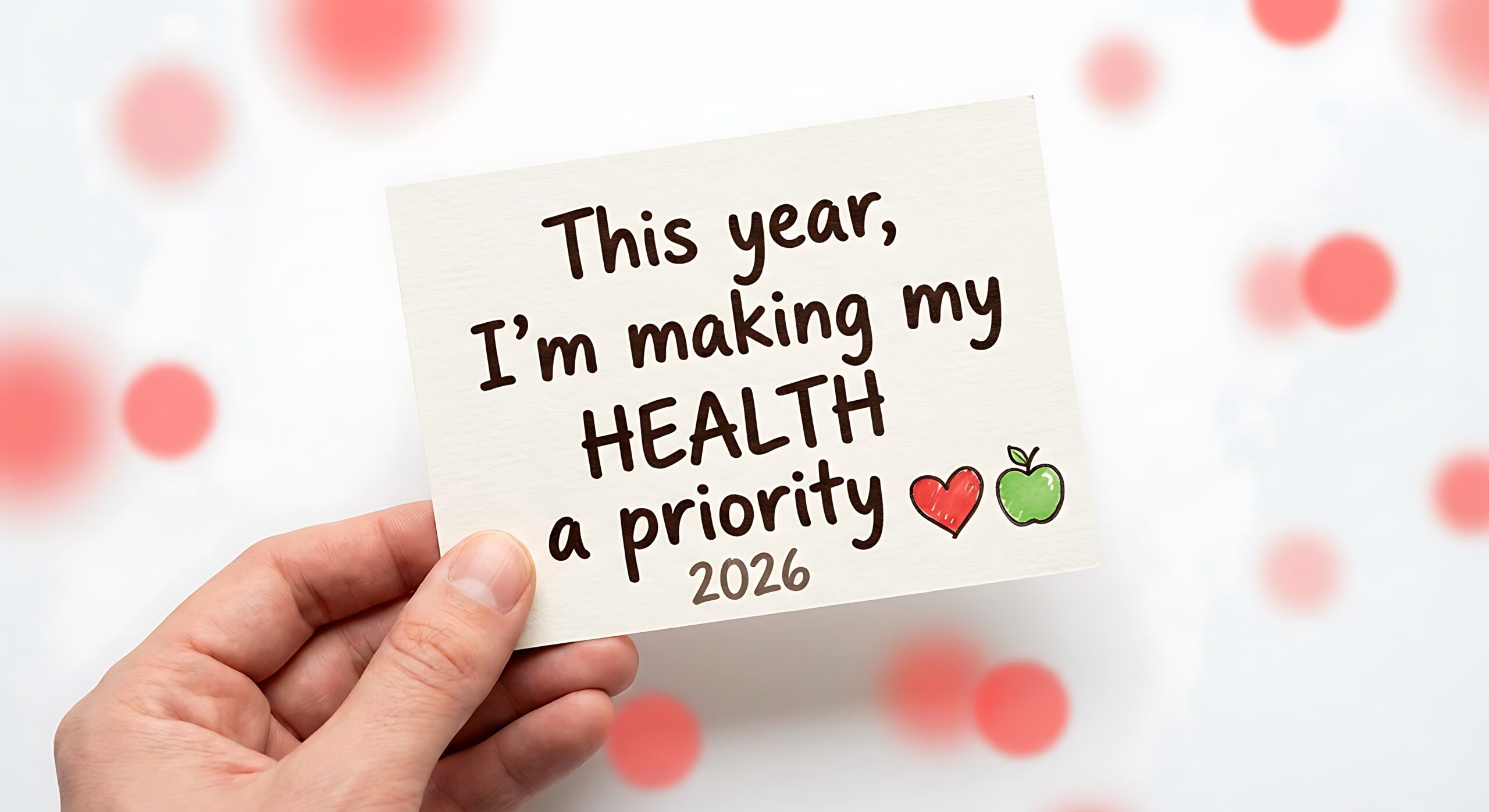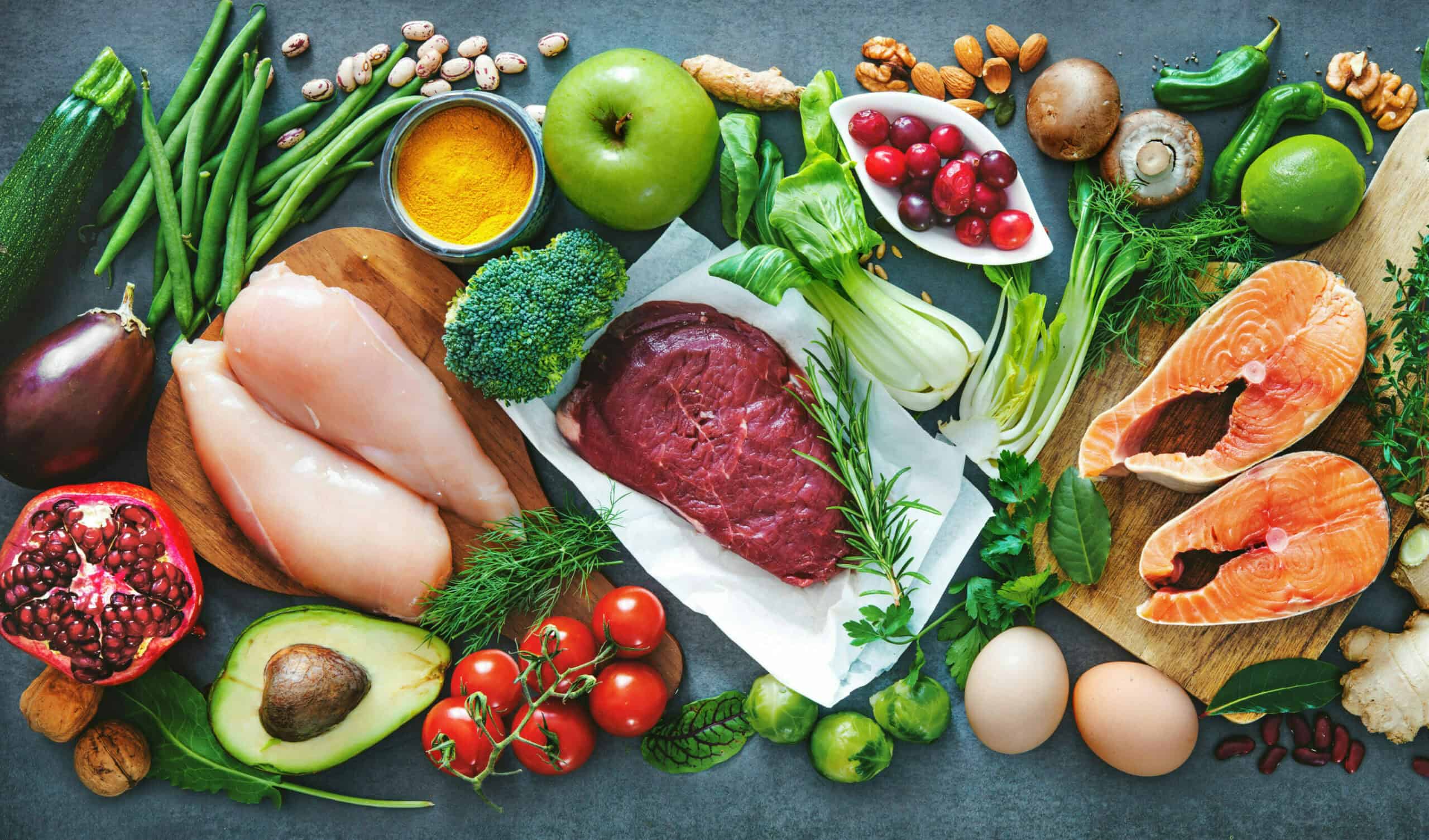Americans are addicted to sugar, and it’s literally killing us. About 75% of Americans eat excessive amounts of sugar, many of whom could be classified as having a diagnosable sugar addiction.
While drastically cutting out foods for a short time is not as effective as a long-term lifestyle approach to healthy eating, this kind of detox is different. Reducing sugar from your diet can help you not only drop pounds but also reduce your risk of developing our country’s most life-threatening diseases.
Why Sugar Makes You Feel Bad
Having that horrible sugar hangover? Crashing after indulging in a sweet treat is a common experience. The sugar high is quickly followed by that tired, dizzy, lethargic, or sick feeling. Could our bodies be trying to tell us something?
Excess sugar causes our bodies to experience a rush of energy followed by a drop in energy. It also leads to imbalanced blood sugar levels, which can leave us feeling sick and exhausted. Over time, sugar creates chronic inflammation throughout our bodies.
But the consequences of too much sugar don’t end with you feeling a little crummy. Too much sugar in our diets is associated with higher blood pressure, weight gain, diabetes, fatty liver disease, cardiovascular disease, cognitive decline, and even some cancers. What we think of as a “treat” is really quite harmful to our bodies.
Not All Sugar is Created Equal
Some people believe that any and all sugar is the same. But the sugar you find in natural whole food, like fresh fruit, for example, hits us differently than a traditional dessert. I’m sure you’ll agree that how you feel after eating an apple differs greatly from how you feel post-donut.
Naturally occurring sugars found in whole foods like fruit, vegetables, and dairy, don’t need to be strictly cut out unless you’re trying a special diet to address a condition like diabetes. These natural sugars (like fructose and lactose) are digested slower than added sugar. They keep your metabolism and blood glucose levels more stable over time.
Added sugars, on the other hand, are packed into desserts like candy, cookies, and cakes. Large amounts of added sugar are also frequently hidden in what many think of as healthy food. These include tomato sauce, granola, protein bars, yogurt, and most low-fat products.
These added sugars cause a spike in energy followed by a crash in energy levels. They also are one of the greatest threats to our cardiovascular health.
10 Tips on How to Detox Sugar
These ten tips will help you detox from sugar far easier:
- Read your labels: Don’t get duped by packaged food. Check for the amount of added sugar and look for any ingredients that end in “ose,” like dextrose, fructose, and galactose, all of which are sugars.
- Drink more water: Water will flush you out during your detox, lower your cravings for sugar, and replace unhealthy beverages like soda and sweetened drinks. Pop some lemon or cucumber slices in your water to make it tastier.
- Increase your healthy fat intake: Healthy fat can reduce sugar cravings. Include ingredients like avocado, grass-fed butter, nuts, seeds, and salmon in your meals.
- Eat more protein: Include a clean source of protein—like eggs, chicken, salmon, or beans—with each meal, especially breakfast. Protein will help you stay full for longer and keep cravings at bay.
- Enjoy fresh fruit: If you’re trained to reach for something sweet after dinner, try having half an orange or some berries until you’ve weaned yourself off this habit.
- Make your carbs complex: Skip the simple carbs, like white pasta and bread. Go for starchy vegetables, like sweet potatoes, squashes, and winter vegetables instead.
- Manage stress cravings: Cortisol—our stress hormone—causes strong cravings for sugary foods. Have a game plan for when stress inevitably comes your way with healthier strategies like deep breathing, walking outside, supplementation, or talking with a friend.
- Sleep longer: Sleep deprivation also increases unhealthy cravings and can reduce insulin sensitivity. Catch 7-9 hours of sleep each night to combat the next-day cravings.
- Move more: Exercise improves our insulin levels and can help keep our blood sugar stable. Shoot for 150 minutes of moderate aerobic activity and incorporate strength training routines at least twice a week.
- Track how you feel: Note how your mood, digestion, and energy levels change as you detox. This can help you stay motivated as the days progress.
Sugar Isn’t So Sweet After All
If you’re hooked on sugar, it’s time to look at this supposedly sweet treat for what it really is. We’re addicted to an ingredient that tastes good for a moment but leads to lifelong health issues when overconsumed.
I know you can kick your sugar cravings! Try out my tips on how to detox sugar and see how good you feel (and look) once you’re free.
For more practical tips and tricks for better health, wellness, and weight loss, sign up for my weekly newsletter. If you’re ready to kick your health journey up a gear, join LEAN today.



